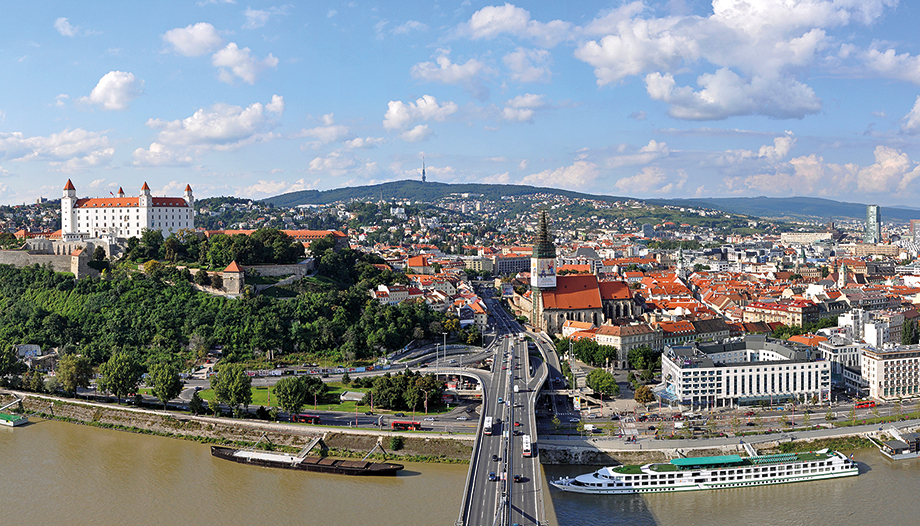To show the vitality of Catholics in Europe, working for the solidarity and well-being of all citizens of the continent, especially the young and the future. This is the aim of the third edition of the European Catholic Social Days, which will take place in Bratislava (Slovakia) from March 17 to 20.
The theme chosen for this edition - which is being prepared by the Commission of the Bishops' Conferences of the European Union (COMECE), the Council of the Bishops' Conferences of Europe (CCEE), the Dicastery for the Service of Integral Human Development and the host Bishops' Conference - is "The European Union and its Bishops".Europe beyond the pandemic: a new beginning".
The main idea of these days, explained at the press conference by COMECE President Jean-Claude Hollerich, Archbishop of Luxembourg, is to overcome selfish and materialistic attitudes, repeatedly denounced also by Pope Francis, to give way to the principles of solidarity that have always characterized the old continent.
More than 300 delegates from the various European Bishops' Conferences, young people, academics and politicians are expected to participate in the European Days of Reflection and Proposals, which will be guided by the encyclicals Laudato si' y Fratelli tuttiin an attempt to generate a kind of ".spirituality of fraternityThe term "human development" has been defined by Cardinal Peter Turkson, President of the Dicastery for Human Development.
Among the themes chosen, there is the need to take care of the younger generations, to make them protagonists and not mere spectators of a long-awaited renewal, but there is also, obviously, the concern for the most fragile and marginalized social realities.
The conference will begin on March 17 with the opening celebration in the cathedral. Then, on March 18 and 19, participants will analyze the challenges of contemporary Europe, based on three key themes: demographic change and the family; technological and digital transformation; ecology and climate change. The work will take place in plenary sessions, working groups and round tables. On March 20, the results of the workshops will be presented and discussed in plenary session.
The logo of this edition recalls the figure of St. Martin of Tours and the medieval story of his conversion to Christianity after meeting a half-naked beggar on the outskirts of the city of Amiens, in northern France. On this occasion he cut his cloak in half to share it with the beggar, who appeared to him in a vision and revealed himself to be Christ. St. Martin is also the patron saint of Bratislava and of the city's cathedral.
The official website of the European Social Days is www.catholicsocialdays.eu, through which the documents prepared and the list of participants will be made available. They can also be followed at streaming some moments of the event, whose twitter account is @EUcatholicdays.
"Today, while many in Europe are questioning its future with mistrust, many look to it with hope, convinced that it still has something to offer the world and humanity.", Pope Francis wrote on October 22, 2020 in a Letter on the occasion of the 40th anniversary of COMECE and the 50th anniversary of diplomatic relations between the Holy See and the European Union.
Two years later, the need to continue dreaming about "a Europe of solidarity and generosity is still alive. A welcoming and hospitable place, where charity - which is the supreme Christian virtue - overcomes all forms of indifference and selfishness."as the Pontiff wished on that occasion. And once again there resounds the strong call to Christians to "work for the salvation of humanity.a great responsibility": "to awaken the conscience of Europe, to encourage processes that generate a new dynamism in society". That is why we need the European Social Weeks and a new start after the pandemic.











